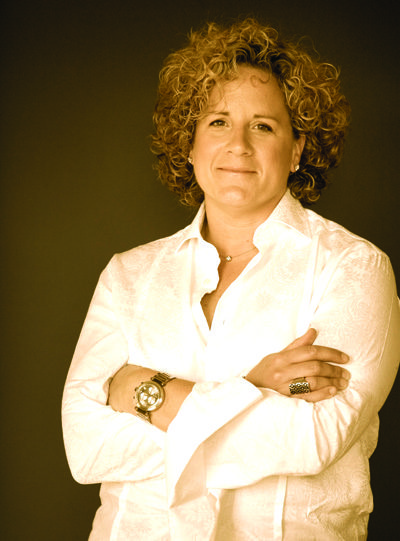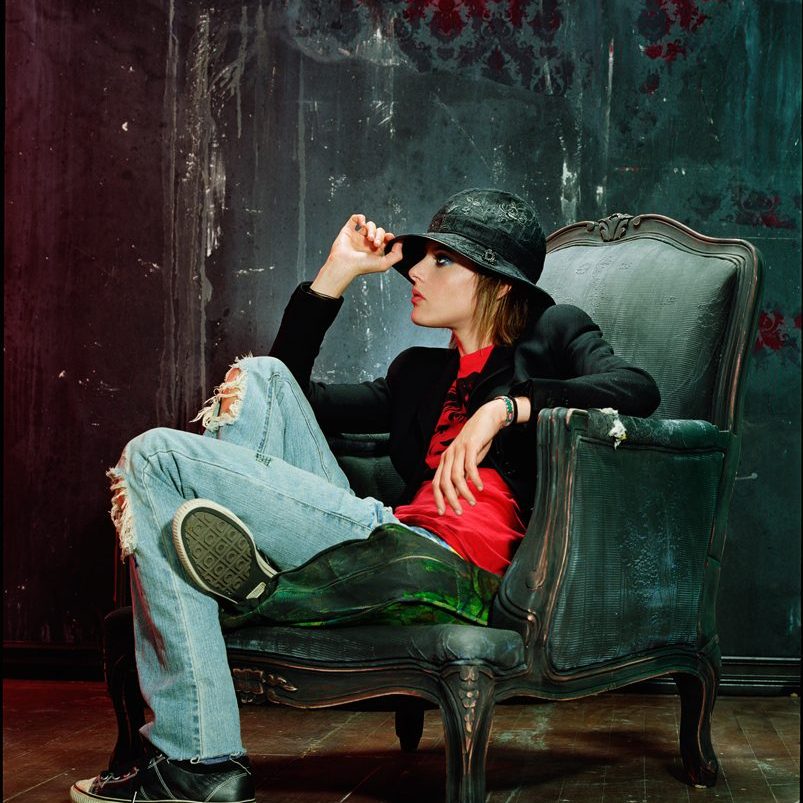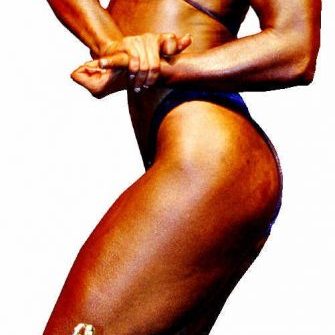
The activist and The Seattle Lesbian co-editor shares how her journey leads her from widow to marriage equality hero.
The world came to know Charlene Strong following the tragic death of her wife, Kate Fleming. In 2006 Fleming was trapped by a flash flood in their home’s basement—despite the efforts of both Strong and the emergency firemen called to the scene. But it was what followed at the hospital when Strong was denied access to her dying wife until she was given permission by an out of state relative, that turned Strong, then a dental office manager, into an activist powerhouse. Strong put a face on the need for marriage equality and her moving story is the basis for the award-winning documentary for my wife… and was essential in helping to defeat a proposed repeal of domestic partnership rights in her home state, Washington, in 2007. Today Strong is now the Human Rights Commissioner for the State of Washington, continues to fight for equality by sharing her story around the country and through her writing as the newly appointed co-editor of the online magazine, The Seattle Lesbian.
It’s been almost five years since your wife passed away and the subsequent release of your film. Describe what has changed for you since that time.
Everything changed after Kate’s death. I lost not only Kate that night, but lost my home and my cats went to live with friends and it was just my little dog and me. I lived with friends who helped me through the first two months and then helped me see that I could move out into an apartment. I said once the world did not even smell the same, and it was true. My world was wrapped up in a little house with a beautiful woman and four furry friends. I was very wrapped up in my studies to become an interior designer and had plans to quit working to finish my studies and then Kate was killed and well, I guess the motivation of making a living as a designer does not hold the same passion anymore. I joke that I am now trying to make the world beautiful in a different way.
How have you had to adjust to life in the spotlight?
Honestly, I really never think of myself as in the spotlight and that is something I will never think is important. I do feel very shy when folks recognize me and thank me for my work. It is very strange when someone figures out who I am and then starts to weep; I find myself wanting to comfort them. The story of Kate’s death was unimaginable and for folks, I think it just hits them hard. Most tell me they think of me often and that feels very comforting, on one hand, to know that I have that much kindness and good energy coming my way. I do wish I could just have one hour to sit with Kate and talk to her about all of this and let her know I am fine.
How do you protect your private life?
This has been the hardest part of my work—folks think they know me. I have my core group of friends who really know what a goof I am and that I am really not any different than before; I think my friends have just learned a new side of me. I don’t think any of them had a clue my life would change this much, and we all sometimes just scratch our heads and wonder. Referendum 71 was our Prop 8 in Washington, the same old tired argument that our state rights looked a bit too much like a marriage. A commercial was made talking about what happened with Kate and I pretty much could not walk down the street without someone figuring it out.
I have since met a woman, a dear friend of many years and we started to care for each other and she and I married during the campaign. We found out a week later that we won in Washington State and I think I cried an entire day from joy and exhaustion. So, to answer your question I am very protective of my family and my private life.
What inspires you to persevere and fight for civil justice even when times are hard?
When I show the film and folks sit stunned and I see the “aha” moment in their eyes, I don’t think I have all the answers, but I do have the fight in me and as long as I can continue to push the envelope and poke around and stir the pot and encourage others to do the same, that is why I stay inspired.
How did you first hear about The Seattle Lesbian? What made you decide to get involved as a co-editor?
I decided to get involved because I needed something fun to do. Speaking is my passion, but I needed a balance to not just see the hard stuff all the time. Working with The Seattle Lesbian has lightened my heart tons.
Are there any misconceptions about you in the media that you’d like to clear up once and for all?
I think it has just been some bad journalist getting details wrong, but for the record: I live in Seattle, have been on and off since 1979. I am gay, I like girls, I like everyone really. I am a Human Rights Commissioner for the State of Washington, and I’m amazingly stubborn, and I don’t believe no is an answer when it comes to civil rights for the LGBT community. (charlenestrong.com, theseattlelesbian.com)


